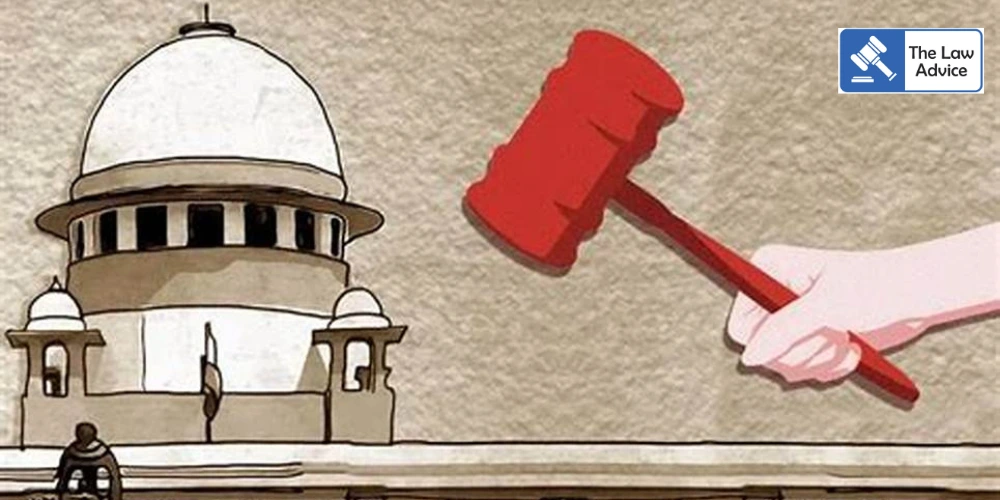New Delhi | July 22, 2025
The Supreme Court of India has refused to entertain a plea seeking its intervention against alleged hate speech targeting the Christian community in Andhra Pradesh. The top court emphasized that the petitioner must first pursue remedies available under criminal law before approaching constitutional courts.
The plea, filed by Archbishop Dr. Ashok Babu Chegudi, alleged that members of the Shivashakthi Foundation incited their followers to desecrate Christian symbols and scriptures an act the petitioner described as deeply offensive and communal in nature.
What Was Alleged
According to the petition, a public gathering held on September 1, 2024, in Eluru saw leaders from the Shivashakthi Foundation allegedly call for urination on the Bible and trampling of the crucifix. The event, reportedly attended by hundreds and broadcast online, drew widespread outrage among Christian groups.
However, the Andhra Pradesh High Court had earlier dismissed a similar petition, stating that the claims lacked specificity and urging the petitioner to take recourse through regular legal channels.
Supreme Court’s Stand: Start at the Right Forum
The bench led by Justice Surya Kant and Justice Joymalya Bagchi echoed the High Court’s observations. It advised the petitioner to file a private complaint before a Magistrate, rather than approaching the Supreme Court directly under Article 32.
“You must first follow the process laid down under the law. If the police do not act, there are remedies available through the High Court,” Justice Kant said during the hearing.
Legal Takeaway: Due Process Over Direct Appeal
The Court’s order reiterates a key legal principle—direct intervention by constitutional courts is not the first step, even in emotionally charged or serious matters like hate speech:
• Filing a formal FIR or private complaint is the legally prescribed first move.
• If local authorities fail to act, recourse can be taken under Article 226 (High Court writ jurisdiction).
• The Supreme Court will step in only when all ordinary legal options are exhausted or unavailable.
Why This Case Matters
This decision subtly reinforces the idea that while allegations of religious hate speech are grave, legal procedure cannot be sidestepped—even for causes of public sensitivity.
It also puts the onus on local law enforcement and magistrate courts to be responsive and accountable, ensuring that grassroots justice systems are not rendered irrelevant.
Case Title:Archbishop Ashok Babu Chegudi v. State of Andhra Pradesh & Ors.
